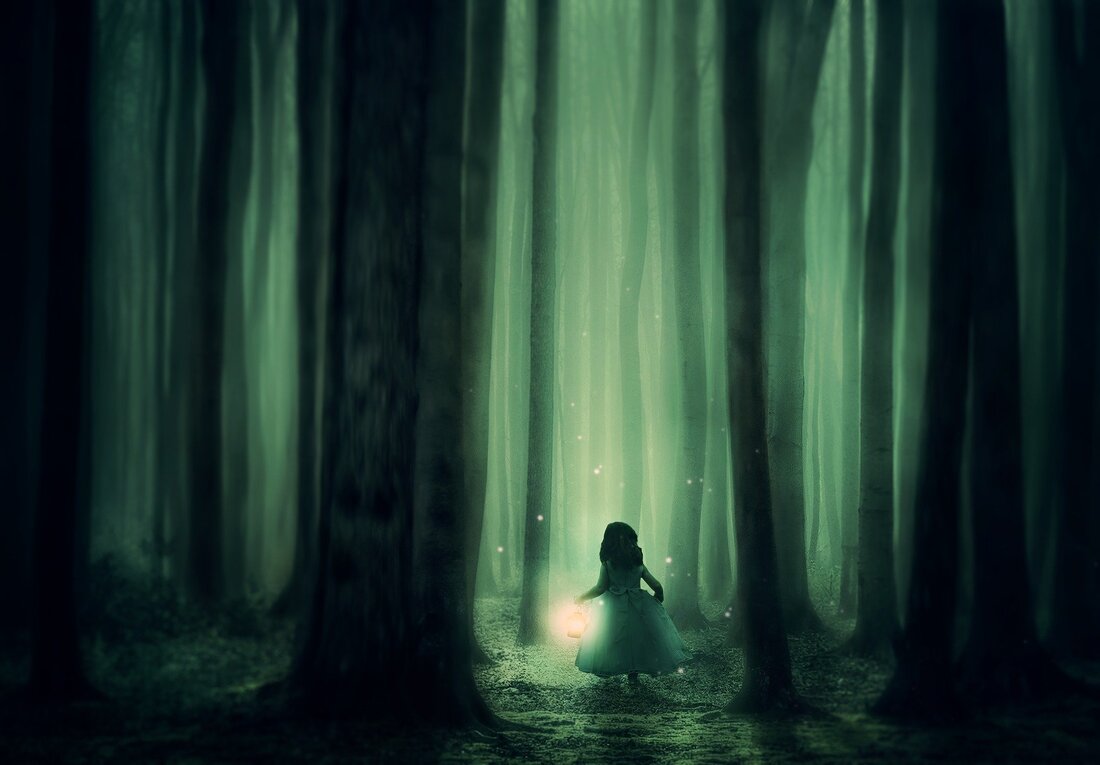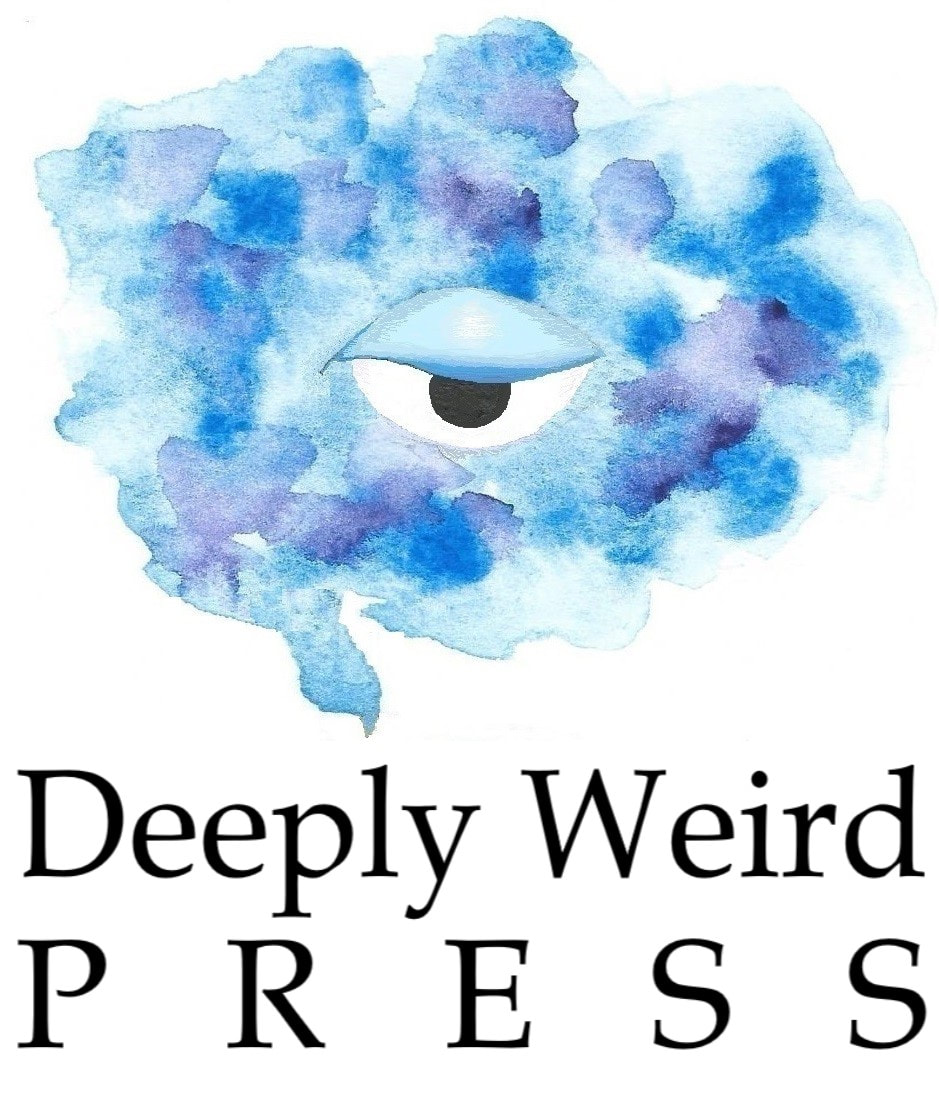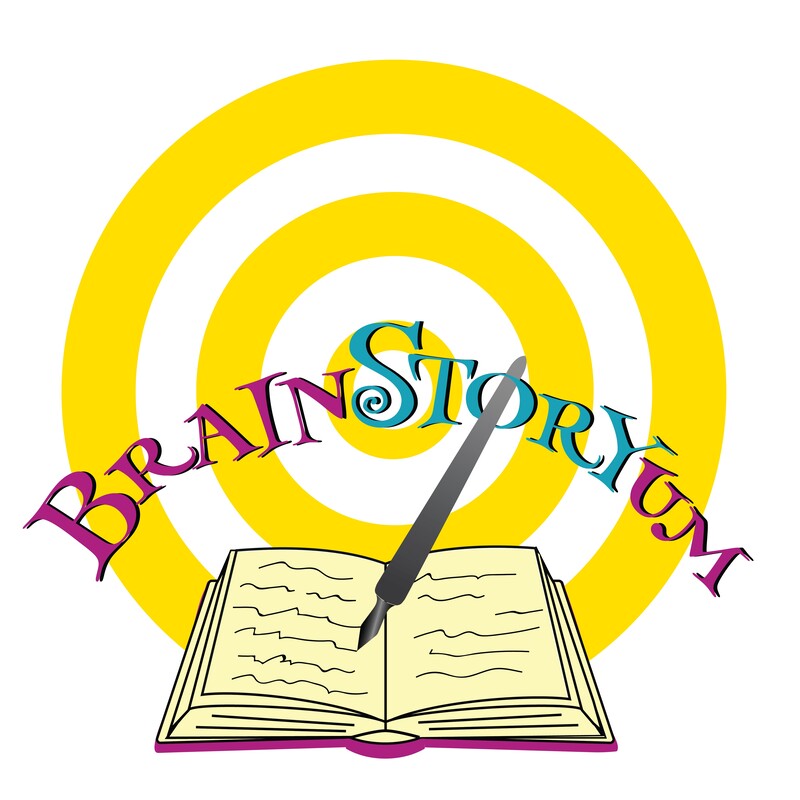It’s been said many times before: “Write what you know.” But if a story or a piece of artwork is to really resonate with other people, I believe it’s even more pertinent to write what you don’t know. More precisely: what you long to understand. Write what your mind reaches for but can’t quite grasp on its own. The unknowns that haunt you. The ghosts, the blind spots, around your everyday thinking. This is the path of intrigue. If we knew everything about life – what it all means, who we might become, what we might experience and why – there’d be nothing to write or paint about, would there? It’s the same as if all science had been discovered, and there were nothing left to learn. If we had all the answers and the cures, and knew how it all works, scientific practice would die. Inspiration is an inner space of pure potentiality. For an author, the blankness of the page blossoms with possibility. It is a doorway to your truth, as yet undiscovered. And when I say ‘your’ truth, that is necessarily something which overlaps with the truths of other people, in all walks of life; all the best truths do. I honestly believe that when you open yourself up to inspiration and allow the act of exploring an idea you don’t yet quite understand take over and guide you, you are connecting with a much wider, underlying reality. Perhaps – through endeavours like this – a unifying reality. Art shows us how our minds connect. If they didn’t, no-one else would appreciate our creations. None of this art stuff would work. Stories would just be the personal, inner babblings of isolated individuals, boring or perhaps even meaningless to those who attempt to read them. I’ve tried and failed to find a quotation I once read which went something like this (if you know who said it, please drop me a line!):
“Myths are events which are true in some sense, and which have happened to us in some sense, over and again throughout human history.” Fiction repeats itself, just like life. The scenery and characters may change, but the basic elements are fundamentally the same. We fall in love, we fight to survive or escape threats to our wellbeing; we hope, we rush to grab the happiness and security we so desperately need, stumbling as we go. We fall down, we make mistakes, we lose, we win. Even if we’ve never had that one particular thing happen to us, we “know” that story. It goes deeper into a shared consciousness; I believe, a collective unconscious. Not knowing is one of our most primal fears: possibly the most basic fear we have, next to death itself, although as far as unknowns go, that’s got to be one of the biggest, right? But staring into the unknown, and being open to what it may show us, is also a vital part of the human experience, and it is an artistic calling. We do not know the answers, but we must try and we must seek. This is why my writing, and the sort of fiction I love to read, often teeters on the edge of philosophy and metaphysics, on the brim of something dreamlike and urgent, where the unknown demands to be confronted. Through the cloak of metaphor, stories reach through us; not just as individuals or authors and readers but right back through the layers of time, into a kind of knowledge and memory that goes beyond sensory input, that might as well be biological, written in our cells – to the things we almost know. Dream, write, and let your “I” open its inner eye.
0 Comments
Leave a Reply. |
Welcome to the HauntA guide-blog to exploring and nurturing your creativity. Be inspired! Previous posts:
July 2021
Categories |
What readers are sayingReview of The Empty Danger: 5.0 out of 5 stars |
Contact |


